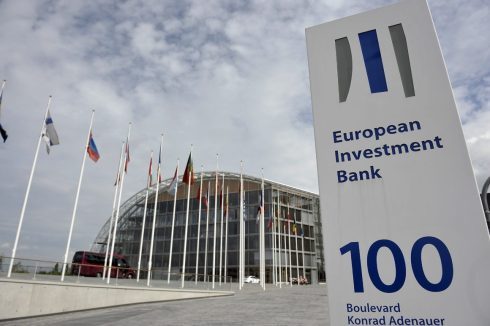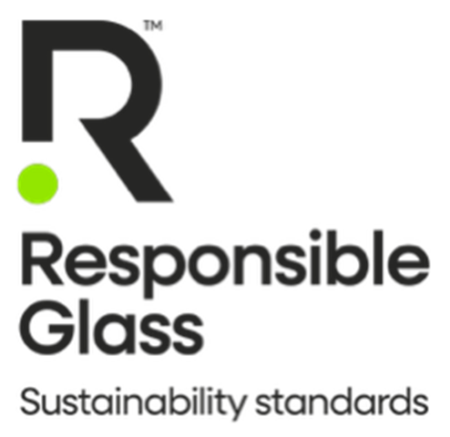The European Investment Bank (EIB) has agreed EUR 7 billion of new financing. This includes support for new investment to improve social housing, clean energy and sustainable transport, telecommunications, health and education. The EIB also approved more than EUR 2.8 billion of new support for business investment through both direct financing and credit lines with local banks.
“This week’s meeting in Zagreb demonstrates the EU Bank’s close engagement with Croatia. May I thank Prime Minister Andrej Plenković, Finance Minister Zdravko Marić and their colleagues for their warm welcome and for Croatia’s valuable support for the EIB. Here at our Board in Zagreb we approved EUR 7 billion of new investment that will improve homes, reduce carbon emissions and enhance education, healthcare and business growth.” said Werner Hoyer, President of the European Investment Bank.
Supporting investment across Croatia
The EIB Board of Directors’ met in the Croatian capital Zagreb ahead of the Croatian Presidency of the European Union and approved EUR 150 million of new support for agriculture, tourism and manufacturing investment by companies across Croatia.
Accelerating renewable and clean energy investment
The EIB agreed to support construction of a new 94MW wind farm in northern Poland, financing for small-scale energy efficiency and renewable energy projects in Cyprus and seven solar power plants in Morocco.
New support for renewable energy research and innovation by a leading Spanish power technology company, backing for equity investment in wind, solar and small-scale hydropower schemes across Europe and financing clean energy infrastructure across Africa was also approved.
Improving urban and international transport connections
The Zagreb board meeting approved more than EUR 1.4 billion of new financing for transport investment.
This includes upgrading trams in Amsterdam, metro trains in Barcelona and urban transport in Szczecin, as well as new investment to expand electric vehicle charging across Italy and support for digital and automated transport research.
The EIB also agreed to finance expansion of Finland’s main airport in Helsinki and construction of a new airport on the Greek island of Crete in Heraklion.
Cutting energy bills and improving social and affordable housing
The EIB Board approved EUR 630 million of new financing for social housing investment in France, Germany, Poland and Sweden. This includes construction of new affordable and energy efficient homes in Germany and Sweden and rehabilitation of existing social housing in France and Poland.
Enhancing health, education and research
Patients in Austria and the German region of Brandenburg will benefit from new EIB investment in primary health care centres and hospitals.
The EIB Board also agreed financing to expand research at the Greek National Centre for Scientific Research and the Polish Science and Research Centre. The EIB will also support renovation of the Paris headquarters of the United Nations Scientific and Cultural Organisation, UNESCO, and construction and construction of kindergartens, primary, secondary and vocational schools across Montenegro.
Support for PPP investment
The EIB board agreed to support two PPP projects. These involve construction of the A49 autobahn between Schwalmstadt and Ohmtal-Dreieck in Germany and road safety investment on the Via 15 motorway around Arnhem, the Netherlands.
EUR 5 billion of investment backed by the Investment Plan for Europe
Ten projects approved by the EIB board today will be guaranteed by the European Fund for Strategic Investments (EFSI), the financial pillar of the Juncker plan.
Background information:
The European Investment Bank (EIB) is the long-term lending institution of the European Union owned by its Member States. It makes long-term finance available for sound investment in order to contribute towards EU policy goals.
Overview of projects approved by the EIB Board:
http://www.eib.org/projects/pipeline/recently-approved/index.htm
Overview of projects approved by the EIB Board of Directors following positive assessment by the EFSI Investment Committee:







